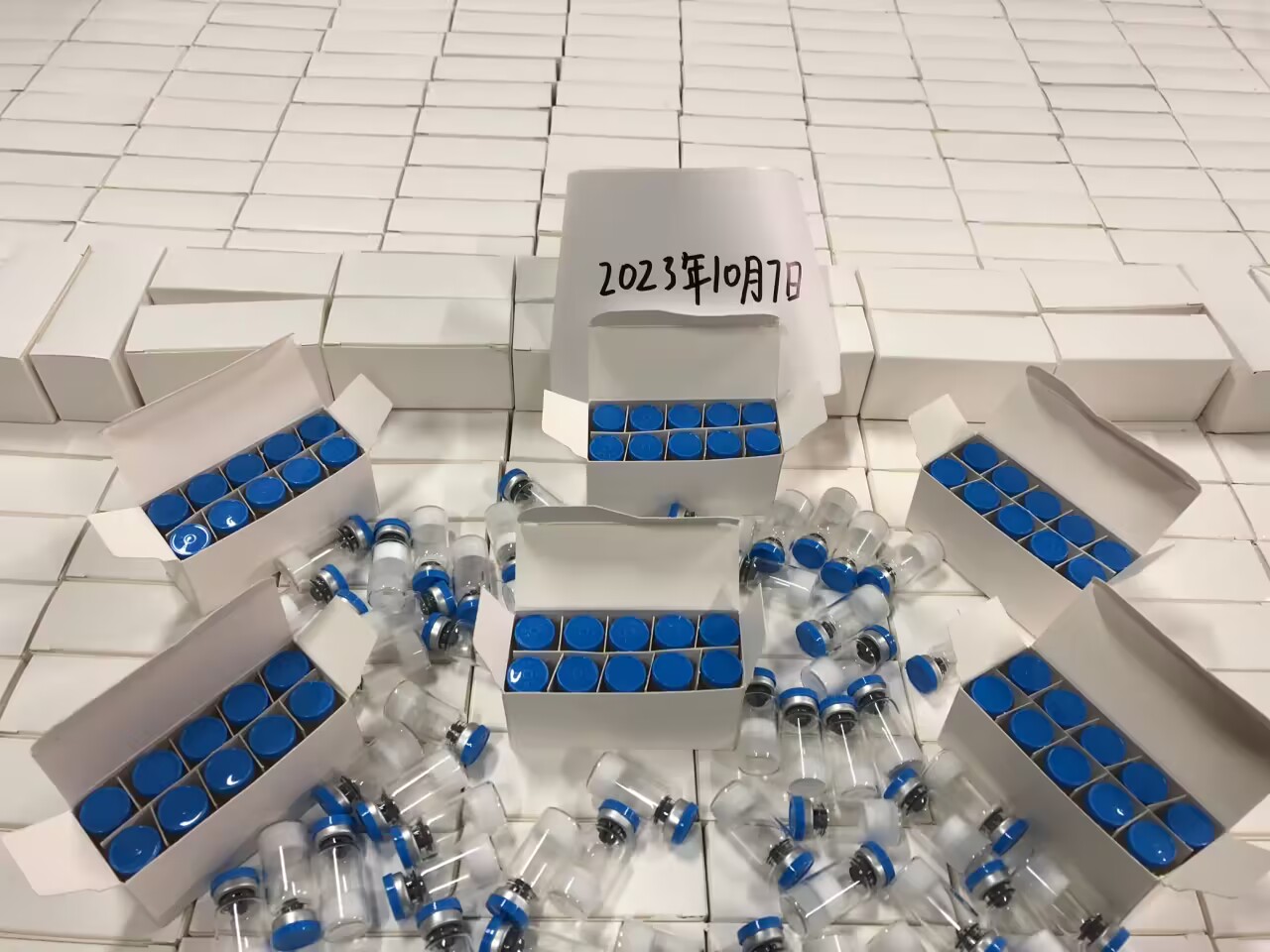Erythropoietin also known as erythropoetin, hematopoietin,haematopoietin, or haemopoietin, is a glycoprotein cytokine secreted mainly by the kidneys in response to cellular hypoxia; it stimulates red blood cell production (erythropoiesis) in the bone marrow. Low levels of EPO (around 10 mU/mL) are constantly secreted in sufficient quantities to compensate for normal red blood cell turnover. Common causes of cellular hypoxia resulting in elevated levels of EPO (up to 10 000 mU/mL) include any anemia, and hypoxemia due to chronic lung disease and mouth disease.
Pharmacology
EPO is highly glycosylated (40% of total molecular weight), with half-life in blood around 5 h. EPO’s half-life may vary between endogenous and recombinant versions. Additional glycosylation or other alterations of EPO via recombinant technology have led to the increase of EPO’s stability in blood (thus requiring less frequent injections).
Function
Red blood cell production
Erythropoietin is an essential hormone for red blood cell production. Without it, definitive erythropoiesis does not take place. Under hypoxic conditions, the kidney will produce and secrete erythropoietin to increase the production of red blood cells by targeting CFU-E, proerythroblast and basophilic erythroblast subsets in the differentiation. Erythropoietin has its primary effect on red blood cell progenitors and precursors (which are found in the bone marrow in humans) by promoting their survival through protecting these cells from apoptosis, or cell death.
It can treat anemia caused by renal failure. It can be used in combination with anti-AIDS drugs to treat AIDS, improve anemia caused by cancer, treat anemia caused by myelodysplastic syndrome and connective tissue anemia. It can also prevent blood loss during surgery and promote autotransfusion. Adverse reactions and contraindications: It can increase blood pressure. It is not suitable for patients with uncontrolled hypertension. Those with high blood pressure during treatment should reduce the dosage, or stop taking the drug, and take antihypertensive treatment. It is not suitable for those who are allergic to human albumin. It may cause allergic reactions such as rashes. It is not suitable for women and children.
Nonhematopoietic roles
Erythropoietin was reported to have a range of actions beyond stimulation of erythropoiesis including vasoconstriction-dependent hypertension, stimulating angiogenesis, and promoting cell survival via activation of EPO receptors resulting in anti-apoptotic effects on ischemic tissues. However this proposal is controversial with numerous studies showing no effect. It is also inconsistent with the low levels of EPO receptors on those cells. Clinical trials in humans with ischemic heart, neural and renal tissues have not demonstrated the same benefits seen in animals. In addition some research studies have shown its neuroprotective effect on diabetic neuropathy, however these data were not confirmed in clinical trials that have been conducted on the deep peroneal, superficial peroneal, tibial and sural nerves.
Erythropoietin – EPO high quality coming now,5000iu available , safe and fast shipping , if you want more details please contact us
Post time: Apr-23-2025







